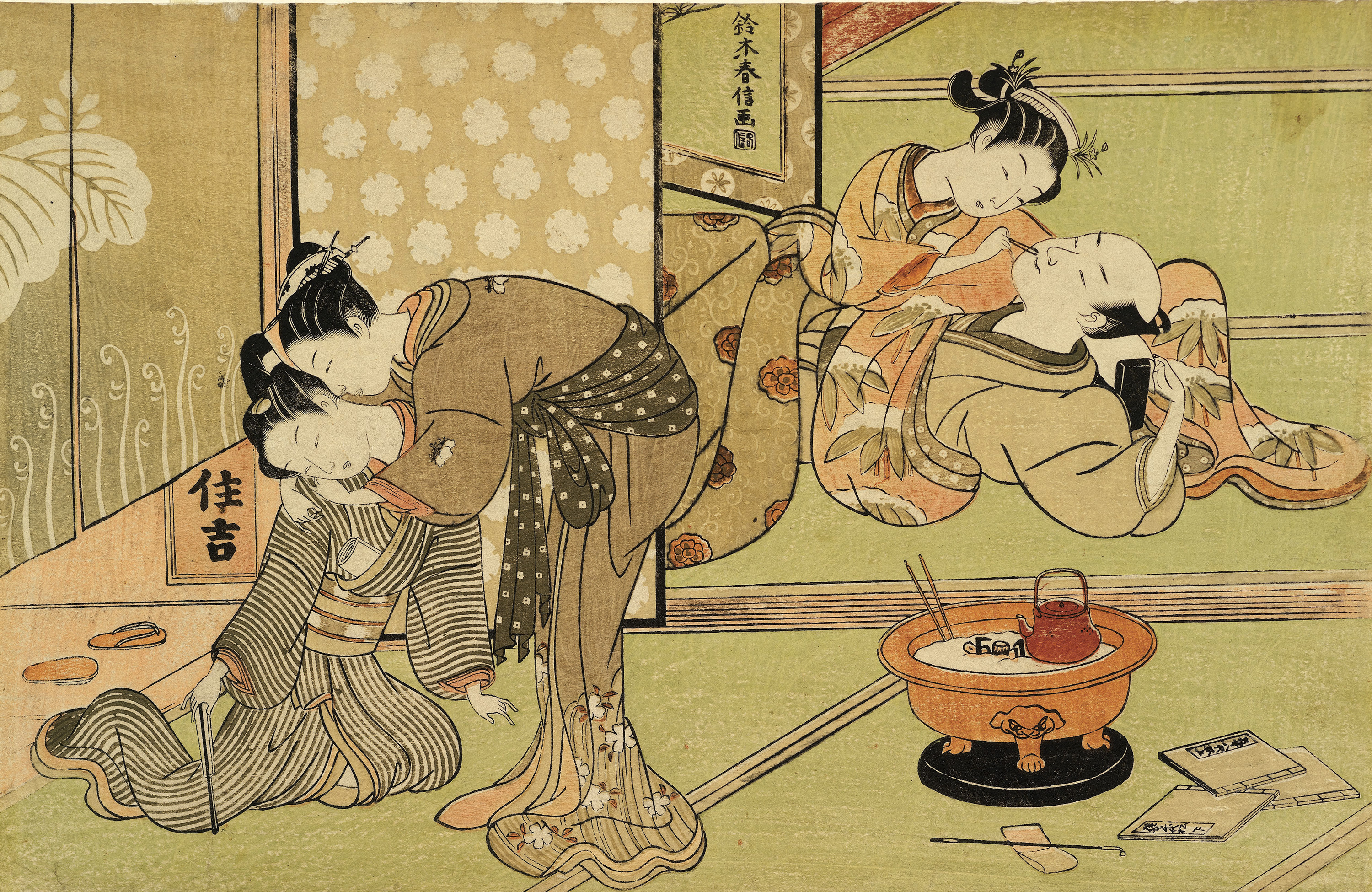This past spring, at a restaurant in Tokyo's upscale Omotesando neighborhood, I encountered something new in Tokyo: a prominent sign written in English on the door of the communal WC declaring it "gender-free."
In recent years, there have been a number of encouraging signs that Japan is belatedly beginning to embrace diversity — at least when it comes to sexual identity — but so far only small steps have been made. Shibuya Ward recognizing same-sex partnerships and Disney catering to such marriages at their Tokyo theme parks are such steps in the right direction, but the conservative national government has provided no leadership on ending discrimination, whether it relates to sexual identity, race or gender. Alas, Prime Minister Shinzo Abe's government is not likely to champion progressive legislation beneficial to Japan's LGBTQ (Lesbian, Gay, Bisexual, Transsexual and Queer/Questioning) community.
Small civil society organizations are pitching in, for example by preparing emergency disaster manuals for non-Japanese in the LGBTQ community and lobbying government officials and politicians. But as Japan gets ready to host the 2020 Olympics, there is much work to be done to raise awareness and establish programs that meet the needs of Japan's vibrant LGBTQ community — and to ensure that Japan provides a proper and inclusive welcome for tourists.



